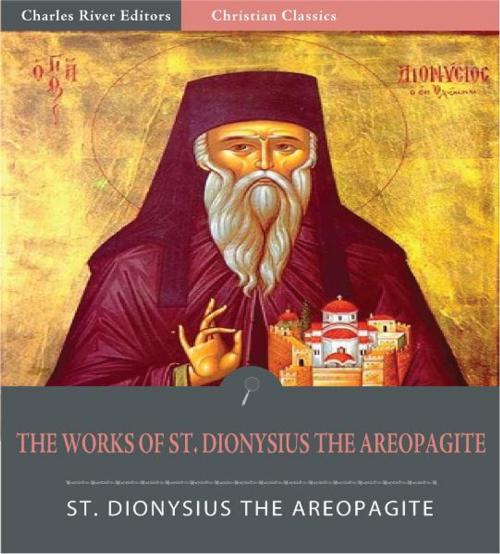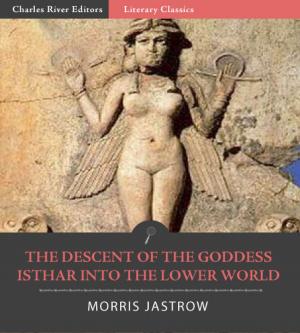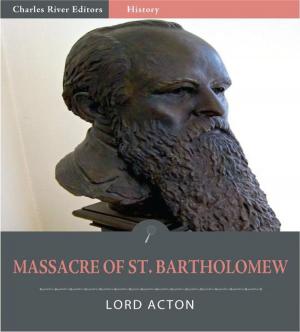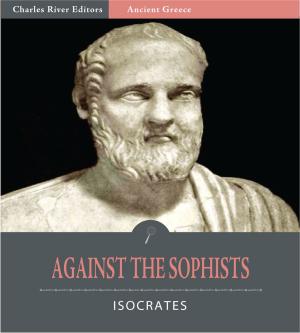The Works of Dionysius the Areopagite (Illustrated Edition)
Nonfiction, Religion & Spirituality, Christianity, Church, Church History| Author: | St. Dionysius the Areopagite | ISBN: | 9781619828643 |
| Publisher: | Charles River Editors | Publication: | January 24, 2012 |
| Imprint: | Language: | English |
| Author: | St. Dionysius the Areopagite |
| ISBN: | 9781619828643 |
| Publisher: | Charles River Editors |
| Publication: | January 24, 2012 |
| Imprint: | |
| Language: | English |
Dionysius the Areopagite was a judge of the Areopagus who, as related in the Acts of the Apostles, (Acts 17:34), was converted to Christianity by the preaching of the Apostle Paul during the Areopagus sermon. According to Dionysius of Corinth, quoted by Eusebius, this Dionysius then became the second Bishop of Athens. In the early 6th century, a series of famous writings of a mystical nature, employing Neoplatonic language to elucidate Christian theological and mystical ideas, was ascribed to the Areopagite. They have long been recognized as pseudepigrapha and are now attributed to "Pseudo-Dionysius the Areopagite". Dionysius was also popularly mis-identified with the martyr of Gaul, Dionysius, the first Bishop of Paris, Saint Denis. In the Eastern Orthodox Church, Dionysius the Areopagite and Saint Denis of Paris are celebrated as one commemoration on 3 October. This edition of Dionysius works are specially formatted with a Table of Contents and includes illustrations of the venerated saint.
Dionysius the Areopagite was a judge of the Areopagus who, as related in the Acts of the Apostles, (Acts 17:34), was converted to Christianity by the preaching of the Apostle Paul during the Areopagus sermon. According to Dionysius of Corinth, quoted by Eusebius, this Dionysius then became the second Bishop of Athens. In the early 6th century, a series of famous writings of a mystical nature, employing Neoplatonic language to elucidate Christian theological and mystical ideas, was ascribed to the Areopagite. They have long been recognized as pseudepigrapha and are now attributed to "Pseudo-Dionysius the Areopagite". Dionysius was also popularly mis-identified with the martyr of Gaul, Dionysius, the first Bishop of Paris, Saint Denis. In the Eastern Orthodox Church, Dionysius the Areopagite and Saint Denis of Paris are celebrated as one commemoration on 3 October. This edition of Dionysius works are specially formatted with a Table of Contents and includes illustrations of the venerated saint.















